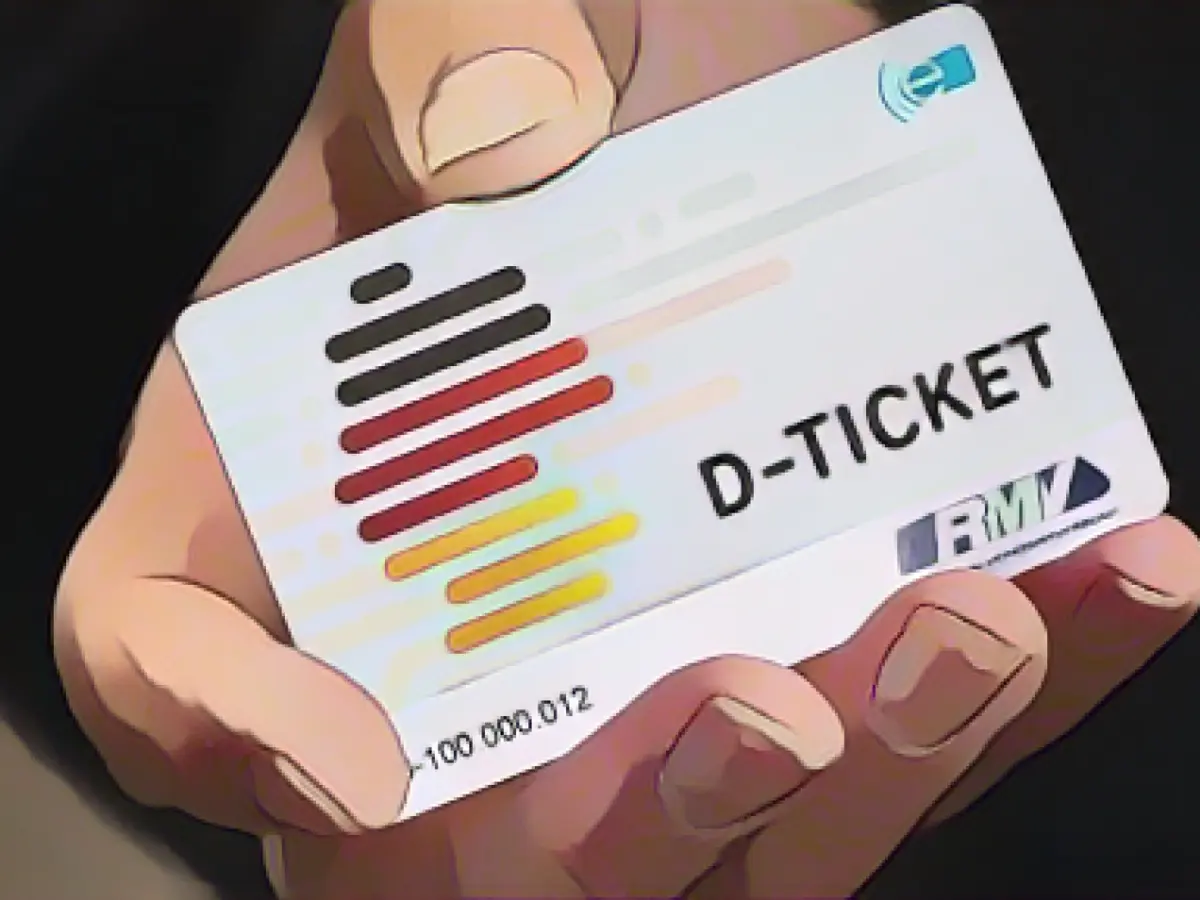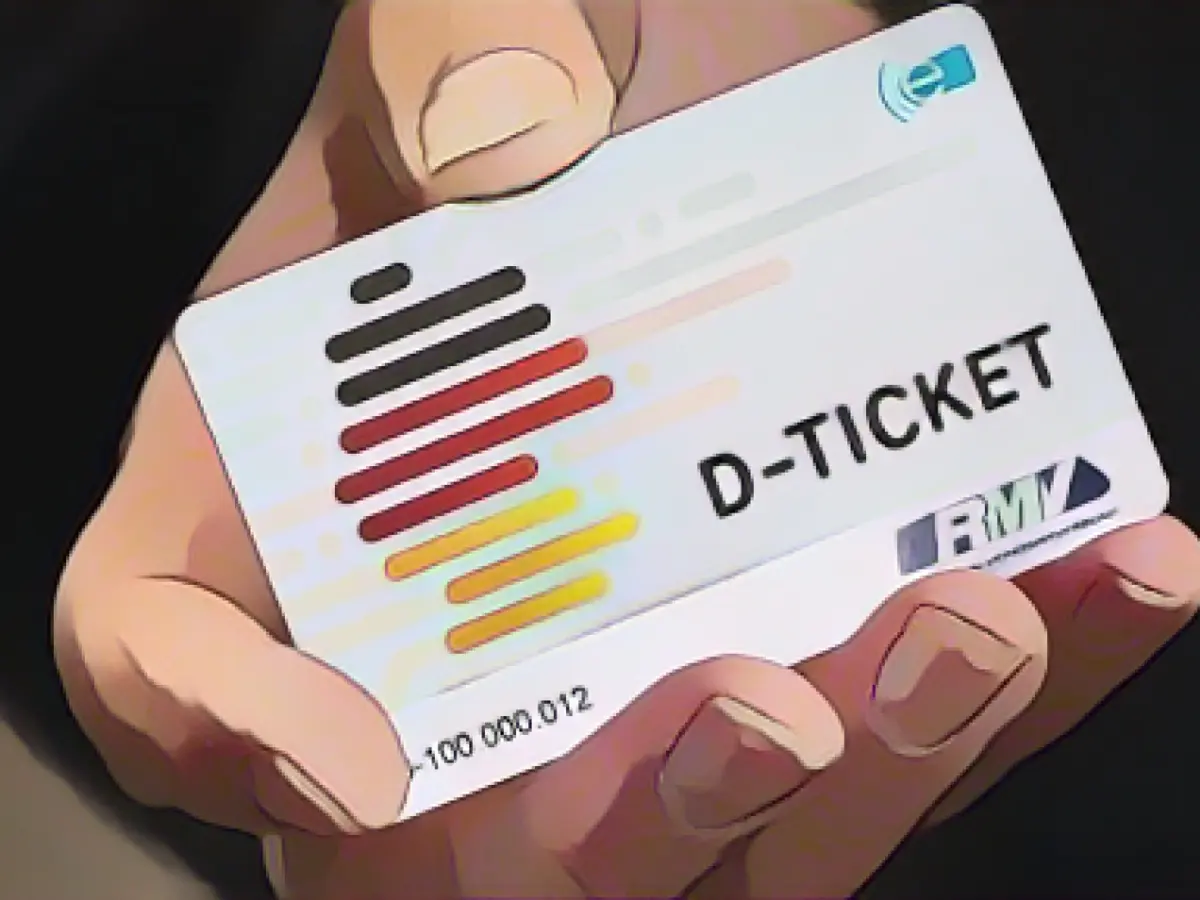Title: The Future of Deutschlandticket: Overcoming Challenges and Securing Success
Just a few short months after its launch, the Deutschlandticket – the local and regional transport pass offering nationwide validity – is facing several tests. Financing issues, potential price hikes, and questionable nationwide validity are putting this affordable and popular travel option at risk.
Backlash in Stendal
Last week, the Stendal district council refused to recognize the Deutschlandticket in their district. This decision means that the ticket will no longer be valid on buses in the region from January 1, 2023. The district council expected additional costs of €40,000 for the first four months of the year. Despite train services not being affected, Managing Director of the Pro-Rail Alliance, Dirk Flege, warned that a domino effect could occur if other local authorities followed a similar suit.
Beyond Stendal: Expanding the Debate
The staggering losses for the industry due to the introduction of the Deutschlandticket are estimated at €2.3 billion in 2023, and €4.1 billion in 2024. The federal and state governments, who have pledged €6 billion for 2023 and 2024, are yet to decide on covering any additional costs beyond summer 2024.
As a result, controversies and debates have sprung up around the Deutschlandticket, including who should bear the additional costs, increasing ticket prices, and whether or not users should shoulder this burden.
Ensuring Stability: Funding and Financial Commitments
Despite concerns about potential price hikes and withdrawals, the Deutschlandticket remains stable and popular. Subscription figures for the ticket have remained stable, with only slightly higher than the average monthly cancellation rate in 2025. The recent amendment of the Regionalisation Act in December 2024 has allowed an increase in ticket prices to €58 per month from 2025 and secured funding for the ticket until 2026.
Looking to the Future: Policy and Commitments
The outcome of the upcoming federal election on February 23, 2025, will play a significant role in determining the Deutschlandticket's future beyond 2026.
Bavarian Premier Markus Söder has assured that under a Union-led government, the Deutschlandticket would be preserved, suggesting that a viable solution would be found to address the potential funding concerns.
Moving Forward: The Power of Public Transport
The Deutschlandticket has seen record-breaking public transport usage in major cities across Germany, including Berlin, Dresden, Hamburg, and Nuremberg. Despite local obstacles such as funding gaps and technical issues, passenger numbers have skyrocketed.
Efforts to ensure the Deutschlandticket's continued success should focus on securing its long-term viability, ensuring affordable pricing for users, and promoting environmentally-friendly transportation solutions.
Enrichment
- Despite some initial concerns and local authority issues, the Deutschlandticket remains stable and continues to be popular.
- Subscription figures have remained stable despite the recent price increase from 49 euros to 58 euros per month.
- Funding and politics have been key areas of contention:
- Initially, the federal and state governments contributed equally to fund the Deutschlandticket.
- However, discussions about further financial commitments have arisen, with the federal government rejecting additional financial commitments from 2024.
- Recent developments in 2024 have led to some optimism:
- The Regionalisation Act was amended, allowing the price rise to €58 per month from 2025 and securing funding for the ticket until 2026.
- The future of the Deutschlandticket beyond 2026 remains uncertain, hinging on the outcome of the federal election and potential political solutions to overcome the funding issues.





